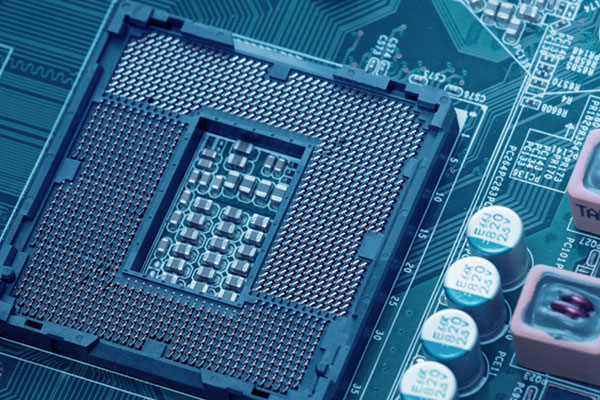ADC GX7793 in Weighing Instrument, Replace AD7793
Time:2024-11-29
Views:442
Supported by the rapid development of electronic technology, weighing instruments from a single weighing display bureau to integrated, multi-functional and intelligent high-end instrumentation direction, however, with the increasingly fierce competition in the market, but due to the different design, the price gap is also larger, especially in the high-end weighing instruments. In fact, in addition to the function of high-end weighing instruments, mainly high resolution, of course, also includes the shell of the materials used, etc..
At present, many weighing instruments using double-integral or triple-integral ADC, not only power consumption, the area is also large, the resolution is generally only 16 to 18 bits, anti-electromagnetic wave interference ability is poor. Especially when the power of electromagnetic wave increases to a certain degree (such as walkie-talkie), it will cause more obvious interference to the weighing data, making the reading unstable, thus affecting the normal weighing measurement.

The low power consumption and 24-bit high resolution of the TSSOP packaged GX7793 is ideal for applications where wireless transmitter/receiver equipment is nearby. The application of the GX7793 on the weighing instrument greatly improves the performance and reliability of the instrument.
The following are the performance characteristics of the GX7793 ADC technology:
1, GX7793 is a low noise 24-bit sigma-delta ADC, which contains three differential analog inputs, but also integrated on-chip low-noise instrumentation amplifiers, and thus can be directly input to small signals, when the gain is set to 64, the update rate of 4.17Hz, the root-mean-square (RMS) noise is 52nV.
2, GX7793 built-in a precision low-noise, low-drift internal bandgap reference voltage source, but also can use an external differential reference voltage. Other on-chip features include a programmable excitation current source, fuse current control and a bias voltage generator. The bias voltage generator can be used to set the common-mode voltage of a channel to AVDD/2.
The GX7793 can operate with either an internal or external clock. The output data rate is programmable by software and can be varied from 4.17Hz to 940Hz, and is powered by a 2.7V to 5.25V supply with a typical power consumption of 355µA.






